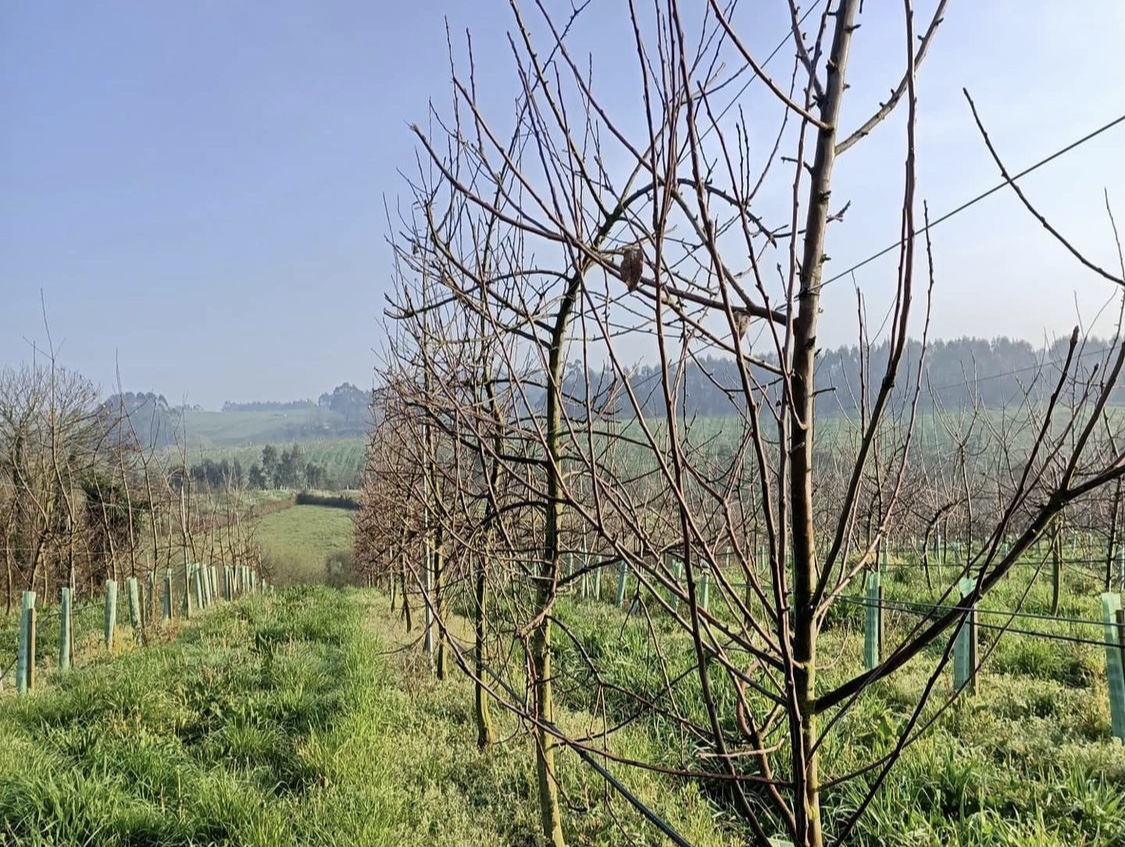Content nitrate in the water it is a problem against which the Government is fighting. Thus, the Council of Ministers has approved a new series of regulations to control nitrates from fertilizers agrarian. And, it is that, they can produce until death. Do you want to know more details? We tell you all here.
Objective: reduce the amount of nitrates in the water
Last Tuesday, January 18, the Council of Ministers updated the royal decree on pollution. More specifically on that produced by nitrates from agricultural sources. It is a proposal from the Ministry for the Ecological Transition and the Demographic Challenge (Miteco) and the Ministry of Agriculture, Fisheries and Food. whose ormain objective is the protection of the waters against pollution caused by nitrates.
Miteco assures that it is a law approved for more than twenty-five years. Nevertheless, it hasn't started up yet. To this end, the directive imposes on the Member States the obligation to identify affected waters. This is done by monitoring the concentration of nitrates at sampling stations. In this way, it establishes criteria to designate the vulnerable areas. That is, those surfaces whose drainage causes nitrous contamination. Thus proposing programs of action.

“The high content of nitrate in rivers and aquifers is one of the main existing problems in the bodies of water throughout Spain. Since it affects 22% of the surface water and 23% of the groundwater”, Miteco has assured in a statement. Therefore, with this application plans to increase the area of protected areas by 50%. Reducing the use of fertilizers by 20%.
What is the problem with fertilizers?
As we have previously mentioned, the high level of nitrates is a major problem for the environment. One of the major sources of this compound is use as fertilizer. This is due to nitrogenous fertilizers maximize yields. However, an excess in its use supposes a multitude of harmful repercussions for the environment. One of these consequences is aquifer contamination. Problem that the update of the decree explained above intends to solve.
The difficulty of applying this type of fertilizers is that nitrates are not retained in the soil. Rather, it is distributed along the flow of water. Being able, in this way, to reach the aquifers, this process is called leaching This amount of leached nitrates depends on: the rainfall pattern, the drainage capacity of the soil and the amount and timing of fertilization.
Water with concentrations of nitrates represents a health risk! Especially for newborns. In them it can cause methemoglobinemia or, better known as the blue baby syndrome. A disease that inhibits the transport of oxygen in the blood. Even, can cause death. This presence of nitrate in the water cannot be smelled or felt, making it so more dangerous and difficult to detect.
They also cause greenhouse gases

The application of nitrogenous fertilizers can increase the emission of nitrous oxide. A greenhouse gas having approximately 300 times the effect of heating of carbon dioxide. On top of that, it is the main GHG (Greenhouse Gas) emitted by the agricultural sector. Above, even from methane. Nitrous oxide is produced during a process called denitrification. Caused mainly by the high existence of nitrates and high water content in the soil.
On the other hand, it has been shown, from the agronomic point of view, that the existence of nitrates not so significant. bone, loss of nitrogen does not represent a significant decrease in the efficiency of fertilization. Its magnitude is usually less than 5% of the applied nitrogen. Hence shouldn't affect strongly to performance.
⚠️The high content of nitrates in rivers and aquifers💧 is one of the main problems in the water bodies of Spain🇪🇸
🎯Taking measures to stop it is one of the Government's strategic lines in terms of water pic.twitter.com/p7BOOUVibP
— Ecological Transition and Demographic Challenge (@mitecogob) January 19, 2022
Humanity, from its origins, has sought ways to innovate. To seek a higher degree of efficiency, benefits and sustainability. Therefore, we see the need attempting alternatives to these fertilizers that can cause diseases. Including death. Thus, the initiative of the Council of Ministers seems very correct. And you? Are you worried about this problem?






